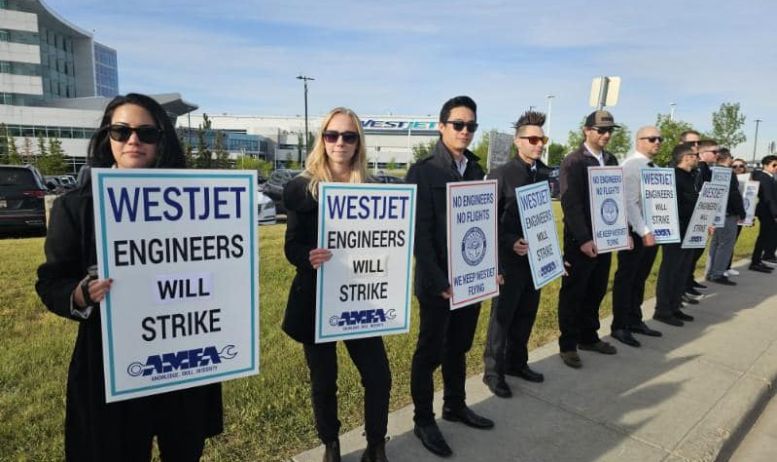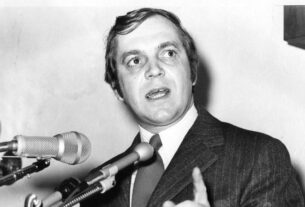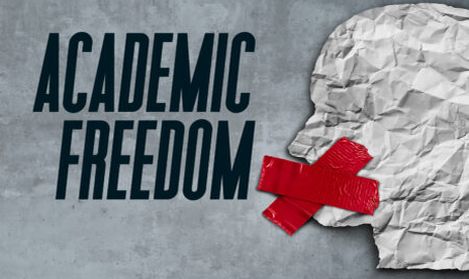Update: July 1
Late on Sunday, June 30, the WestJet Mechanics union, Aircraft Mechanics Fraternal Association (AMFA), announced that their two-day strike has ended. The new agreement had significant improvements over the one the members had rejected by 97 percent.
WestJet’s bosses could have avoided the strike if they had made the latest offer after the members rejected the earlier agreement or immediately when the mechanics walked off on Friday, June 28. AMFA stated that “We believe this outcome would not have been possible without the strike.”
Instead of negotiating, the bosses insulted the workers and the union. They delayed putting forward an improved offer, in the process cancelling well over 1,000 flights impacting more than 100,000 passengers.
WestJet has annoyed a lot of passengers and their families, damaged relations with a vital group of workers, all for no good reason. WestJet’s president stated the obvious “The damage to … our airline is massive.” The damage is self-inflicted.
Solidarity with WestJet Mechanics, first published June 30
WestJet’s bosses seriously misjudged the temper of their nearly 700 mechanics, members of the Aircraft Mechanics Fraternal Association (AMFA). The workers had rejected a tentative agreement by a stunning 97 percent in early June. It was crystal clear that the company’s offer was not good enough.
Yet the company, according to the union, repeatedly delayed returning to the table after the union made its last offer on June 26, two weeks after the members rejected the company’s earlier proposal. Ian Evershed, of AMFA, said, “We have been abandoned by the company at the negotiating table.”
The bosses seemed to be relying on the government to step in, which federal Labour Minister Seamus O’Regan did on June 27. He instructed the Canada Industrial Relations Board (CIRB) to impose binding arbitration. This is a highly unusual move.
Brad Weinberg, a professor of labour relations said arbitration is used in just three percent of the private-sector labour disputes he studied, and in almost all cases it is agreed voluntarily by both sides. He stated that government-imposed arbitration would be “a fraction of that three per cent.”
On Friday, June 28, the mechanics had had enough and walked off the job. The company, instead of immediately re-starting negotiations with a better proposal, threw insults at the union and its members. They called the strike a “reckless action” that is “totally absurd” called by a “rogue U.S. union.” They lashed out trying to cover their failure to understand and respond to the mood of the mechanics. The management’s high-handed attitude led to 100,000 trips being cancelled, spoiling many people’s plans. Hardly a good example of how to handle negotiations.
Union Power
Unless airplanes are inspected, they cannot fly. These inspections are carried out by skilled mechanics, who also repair and maintain airplanes. There are not hundreds of skilled mechanics sitting around waiting to scab on a strike.
Many workers are recognizing they do have power to deal with the bosses. Their skills and knowledge make them almost impossible to replace. This simple fact was demonstrated by BC’s longshore workers last year. The 9,000 railway workers at Canadian Pacific and Canadian National know they have power with a 99 percent vote for strike action as they resist management attacks on their already stressful working conditions.
Solidarity is a key part of workers’ power. The refusal to carry out work that is normally done by the workers on strike adds pressure on the bosses to negotiate. In last year’s longshore strike, the workers in the US ports would not work on ships normally dealt with at BC ports. Similarly, mechanics working for other airlines should not handle any WestJet aircraft.
WestJet’s Anti-union History
WestJet started out as an anti-union company. In 2017, the pilots overcame the management’s negative propaganda and joined the Air Line Pilots Association. This sparked the other workers to also step up their unionizing drives. The company responded with the CEO, Gregg Saretsky, sending an email to 12,000 of WestJet’s workers attacking the unions. His efforts did not succeed, as mechanics, customers service staff, baggage handlers and flight attendants have all unionized. However, the current attacks on ALMA shows the anti-union mindset still dominates WestJet’s bosses. The present CEO, Von Hoensbroech, is known to have a “combative attitude” towards the unions.
In 2019, WestJet was bought by Onex Corporation, a private company, for $5 billion. As a private company, there have been no public records of WestJet’s finances since 2019. However, it clearly has money to spend as WestJet bought Sunwing for an undisclosed price in 2022. Although not giving details, WestJet reported good profits in 2023.
Public Transport
There are reports that Air Canada has jacked up its fares as passengers scramble to travel given the cancellation of over 800 flights. Capitalists never miss an opportunity to make some extra profits.
Socialist Alternative supports real “public” transport owned by Canadians and operated with democratic workers’ control.




